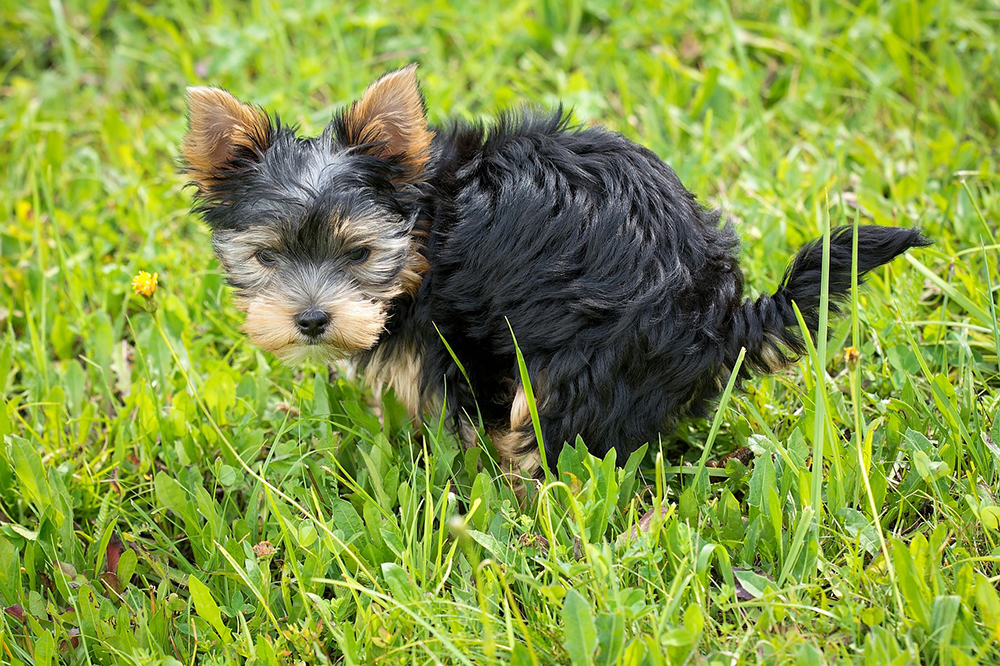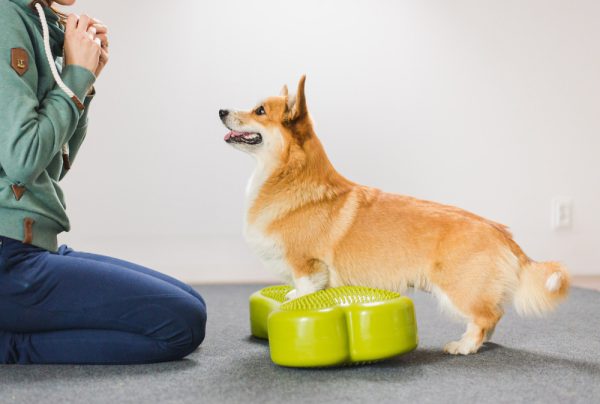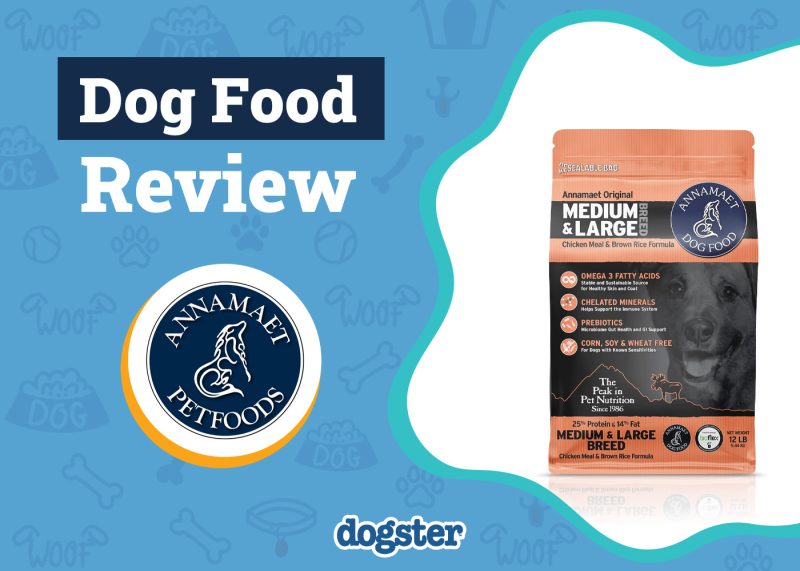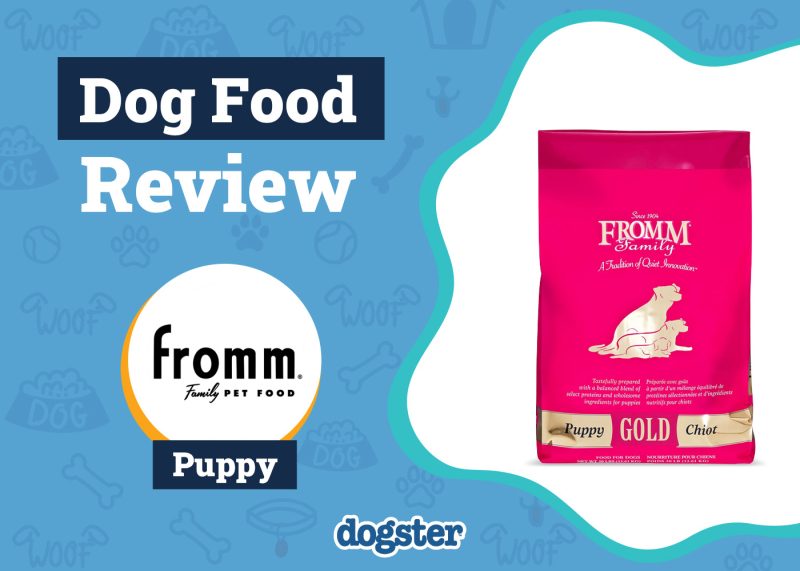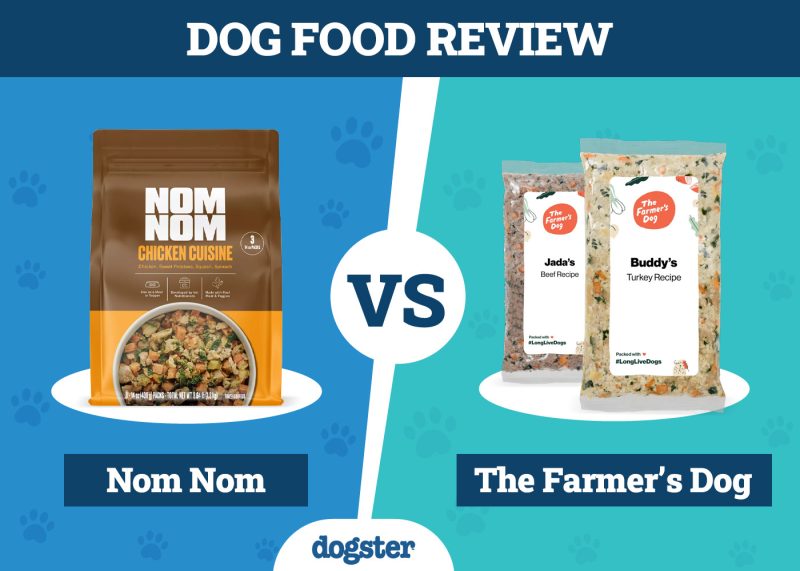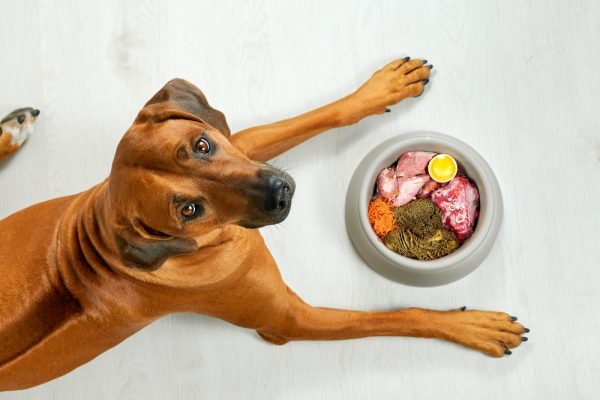In this article
Seeing little white worms in your dog’s poop can be alarming, but it’s important to know that intestinal worms are common in canines. Some dogs may not show any signs if they have a small worm load, while heavy loads can make them more obviously sick or even be fatal. Regular fecal examinations by your veterinarian can help ensure that your dog remains as free from worms as possible!

What Are Worms?
Worms, also known as intestinal worms or parasites, are common in dogs. The most frequently diagnosed intestinal worms in canines include roundworms (ascarids), hookworms, whipworms, and tapeworms. Worms acquire their nutrition from their host, in this case, a dog. They absorb the nutrients meant to keep the dog healthy. They can cause various health issues, and the dog’s age, size, and overall health and the type and number of worms can mitigate or exacerbate the damage. While you may be familiar with worms living in the stomach and intestines, they can also be found in other organs if they migrate, such as the heart, lungs, and kidneys.
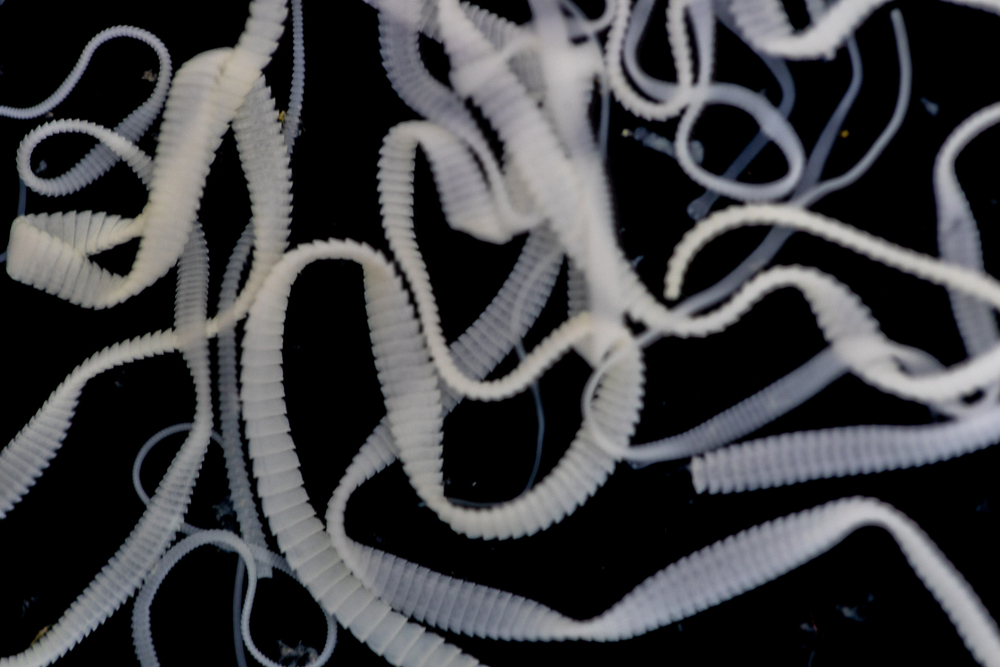
What Are the Common Types of Intestinal Worms That Dogs Can Have?
- Roundworms: Also known as ascarids, these are common in dogs, especially puppies. In dog poop, they look like long strands of cooked spaghetti. The larvae of the species Toxocara canis can also infest and migrate through tissues and organs in people.
- Hookworms: There are several species of hookworms found throughout the world. These small, thin worms have a hooked-shaped mouth part on one end.
- Whipworms: Adult worms of this species are usually found in the colon and cecum. They are small, look like a piece of thread, and are larger at one end than the other.
- Tapeworms: These are also known as cestodes, and the adult worms are segmented and are found in the small intestine. Tapeworms may appear as small segments of rice in dog poop or surrounding the anus.

What Are the Signs of Worms in Dogs?
Signs of worms are often non-specific and may mimic other health conditions, so it is always important to contact your veterinarian if your dog is showing any abnormalities.
- Lack of growth in young dogs
- Loss of condition
- Loss of appetite
- Weight loss
- Weakness
- Dull coat
- Potbelly
- Worms in vomit
- Worms in poop
- Pneumonia due to migrating worms
- Coughing
- Diarrhea with mucus
- Diarrhea with dark, tarry feces
- Fresh blood in feces
- Anemia in young puppies
- Skin inflammation, especially between the toes
- Scooting or dragging the hind end to relieve itchiness
- Death in severe cases
If your dog is showing any of these signs and you are seeking the best possible treatment for your pup, we recommend speaking with an online vet for quick and easy access to an expert’s opinion.
If you need to speak with a vet but can't get to one, head over to PangoVet. It's our online service where you can talk to a vet online and get the advice you need for your dog — all at an affordable price!
What Are the Causes of Intestinal Worms?
Puppies and dogs can acquire worms in several ways.
| Intestinal Worm | Transference in Puppies | Transference in Adult Dogs |
| Roundworms |
|
|
| Hookworms |
|
|
| Whipworms |
|
|
| Tapeworms |
|
|

How Are Intestinal Worms Diagnosed in Dogs?
Most cases are diagnosed by the owner collecting a poop sample from their dog and taking it to a veterinarian. The vet may perform a fecal flotation test, which is where the feces is placed in a solution to prepare it for examination under a microscope to detect any parasite eggs. Adult worms or segments can also be collected and taken to the veterinarian for identification. Keep in mind, however, that worm eggs may not always show up on a fecal test.

How Are Intestinal Worms Treated in Dogs?
Most intestinal worms can be treated with an antiparasitic drug. Dewormers are available in many forms, including oral liquid medication, tablets, injections, or topical applications. Pyrantel pamoate (Strongid T) is one type of oral antiparasitic treatment. Certain monthly heartworm preventatives can also concurrently treat roundworms, hookworms, and whipworms. Pyrantel pamoate, however, is ineffective for tapeworms. These cases may need to be treated with praziquantel.
- Fenbendazole
- Milbemycin
- Moxidectin
Treatments may need to be given for a few weeks at a time, depending on the dog’s age and diagnosis. If you notice worms in your dog’s poop or vomit after giving them a dewormer, it means the treatment is working.
How Can You Prevent Worms in Your Dog?

- Have your dog’s poop tested every 6–12 months for microscopic worm eggs.
- Treat your dog with a monthly heartworm preventative that also treats intestinal parasites.
- Keep your dog’s environment clean and dry.
- House kenneled dogs on concrete rather than dirt.
- Keep your dog up to date on flea prevention.
- Ensure that your female dog is free of parasites prior to breeding and kept out of contaminated areas to prevent re-infestation.
- Treat puppies 2 weeks after birth and at repeated intervals of 2–3 weeks until they are 2 months old, then treat them once a month until they’re 6 months old.
- Talk with your veterinarian about the most appropriate deworming program for your dog and/or puppy.

Frequently Asked Questions
Can I Catch Worms From My Dog?
Yes, in some cases, it is possible to become infested with worms from your dog. One example is a roundworm infestation, and children are especially vulnerable. To lessen the chance of transmission, be sure to promptly remove all dog feces, and practice good hygiene by washing your hands after cleaning up or interacting with your pet.

Are Puppies Born With Worms?
Puppies can be born with roundworms if their mother is infected. The worms can cross the placenta into the developing fetuses.
 Conclusion
Conclusion
Intestinal worms can be alarming and dangerous. It is important to schedule regular fecal examinations and deworming treatments as recommended by your veterinarian. Additionally, maintain good hygiene, and always wash your hands after interacting with your dog.
Featured Image Credit: Petra, Pixabay
